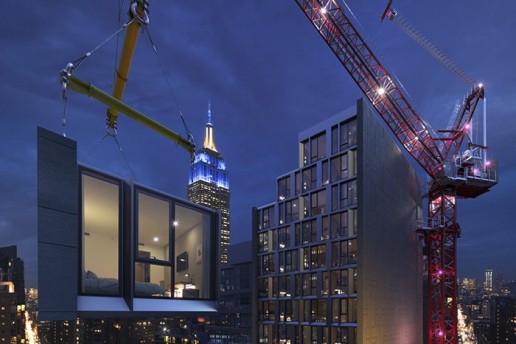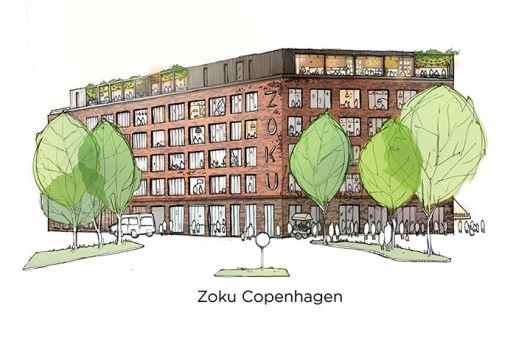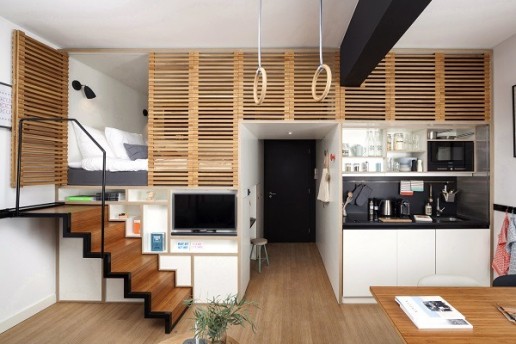As the Radical Innovation Award continues to accept submissions for its 2020 edition, we take a look back at some of the previous winners.
An annual programme by The Hardy Group that challenges designers to pioneer new concepts in travel and hospitality for a chance to win up to US$10,000, the Radical Innovation Award celebrates groundbreaking ideas, seeking out concepts with the power to change the industry for better across categories including those for Radical Hospitality Design, Concept and Product.
Assessed in a blind judging process, a panel of hotel managers, investors, developers and senior designers will evaluate entires based on the qualities of originality, creativity, design and potential impact. Winning ideas are typically achievable within 3-5 years, and any entries should be accompanied by a brief of the vision, design renderings, video pitch and a high-level presentation.
If all goes to plan, finalists for the concept and design category will be flown to New York in Autumn 2020 to showcase their work to a live audience who will determine winners, with first place taking home a US$10,000 prize, and runners up US$5,000. The winner of the dedicated student strand, meanwhile, will take home a US$1,500 prize, and be invited to apply for a graduate assistantship in the Master of Architecture programme at the University of Nevada Las Vegas.
“With the future of the hospitality changing rapidly – and bold thinking needed now more than ever – no submission is too radical,” reads this year’s agenda. “True to its mission, Radical Innovation encourages concepts that will see the hospitality industry thrive in ways we never thought possible in the near future. The competition also welcomes timely designs that include innovations in health and wellness as they relate to hospitality projects or products.”
With the deadline for entries set for 23 April 2020, pricing for professional entries has been discounted from $250 to $150, and waived for those experiencing financial difficulties or currently without a company affiliate.
In need of some inspiration? Take a look through previous winning concepts below.
2019: Connectic
Cooper Carry Architects
Utilising modular construction techniques to fill underused spaces by way of collapsable, flexible and adaptable units, Connectic by Atlanta-headquartered Cooper Carry took home last year’s grand prize. A collective of reusable modules that can be disassembled and stored for convenient use, the system’s proposed uses include pop-up hotels in remote areas, increasing a property’s volume of available keys and connecting neglected spaces – swelling and shrinking as needed.
www.coopercarry.com
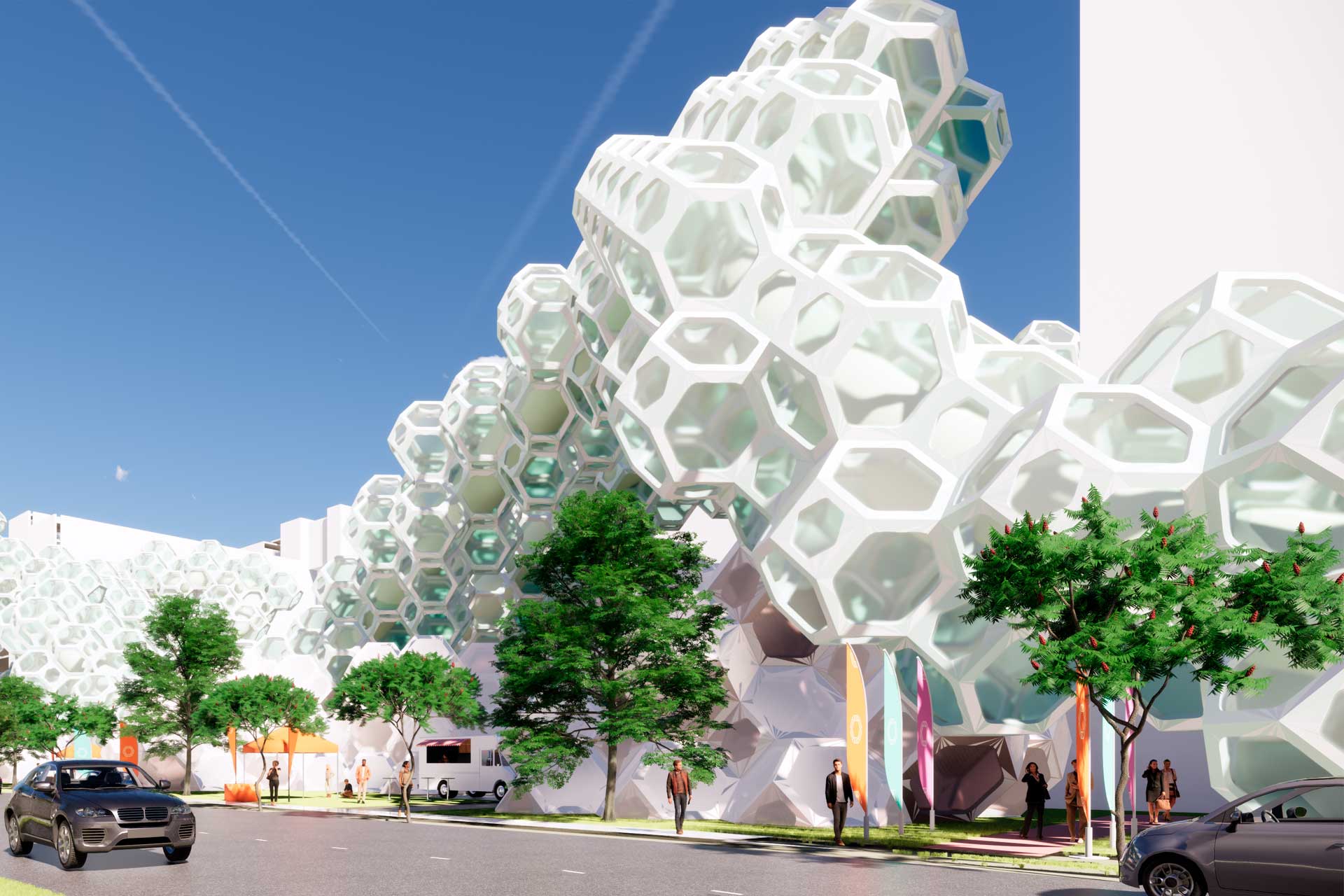
2018: Autonomous Travel Suite
Aprilli Design Studio
Responding to the steady rise of autonomous vehicles (find the best hospitality examples in Starboard’s Digital Highways feature) Steve Lee of Aprilli Design proposed a self-driving hotel room that could carry guests on journeys of up to 10 hours. The Autonomous Travel Suite features the key components of a hotel room – bed, workspace, toilet, sitting shower and entertainment zone – but would see solo travellers and groups controlling the vehicle from an app as it ferries them between selected destinations.
www.aprilli.com
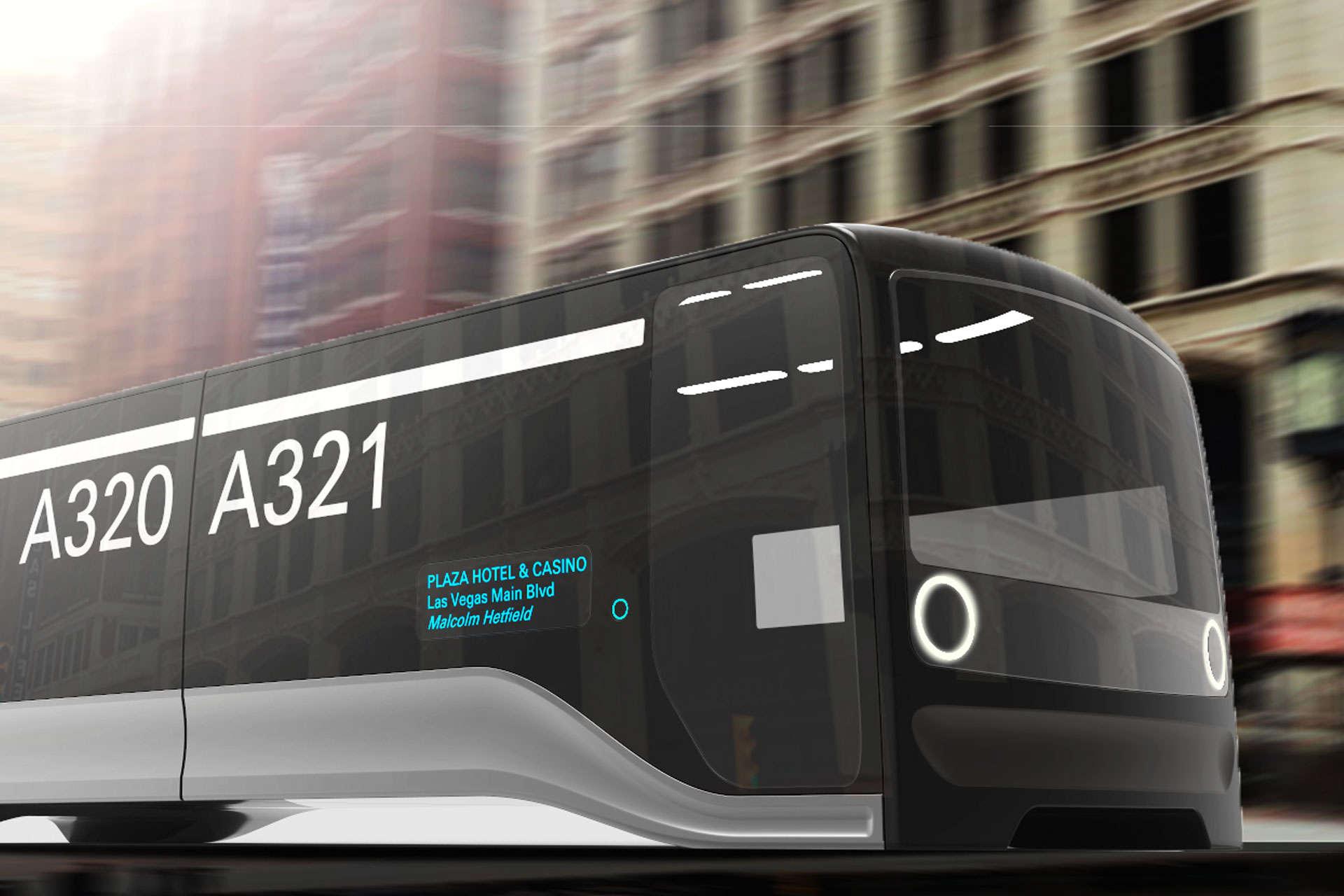
2017: Living the Till
EoA Inc
Nomadic treetop resort Living the Till was envisioned by environmental consulting firm EoA as a temporary series of conical tents suspended on ropes between trees that leave minimal impact. Affording guests seasonal inhabitation of locations off the beaten track whilst offering a guilt-free reconnection with nature, the concept was inspired by the air plant Tillandsia and its peaceful relationship with host trees.
www.eoainc.com

2016: Driftscape
HOK Toronto
HOK Toronto’s drone-powered Driftscape wowed judges in 2016 with an immersive mobile hotel concept that would allow guests to touch down in previously unattainable locations. Comprising an autonomous guestroom titled the Driftcraft along with an Oasis service base, the proposed two-person design would support two-day untethered excursions, and is completely self-sustainable.
www.hok.com/studios/toronto
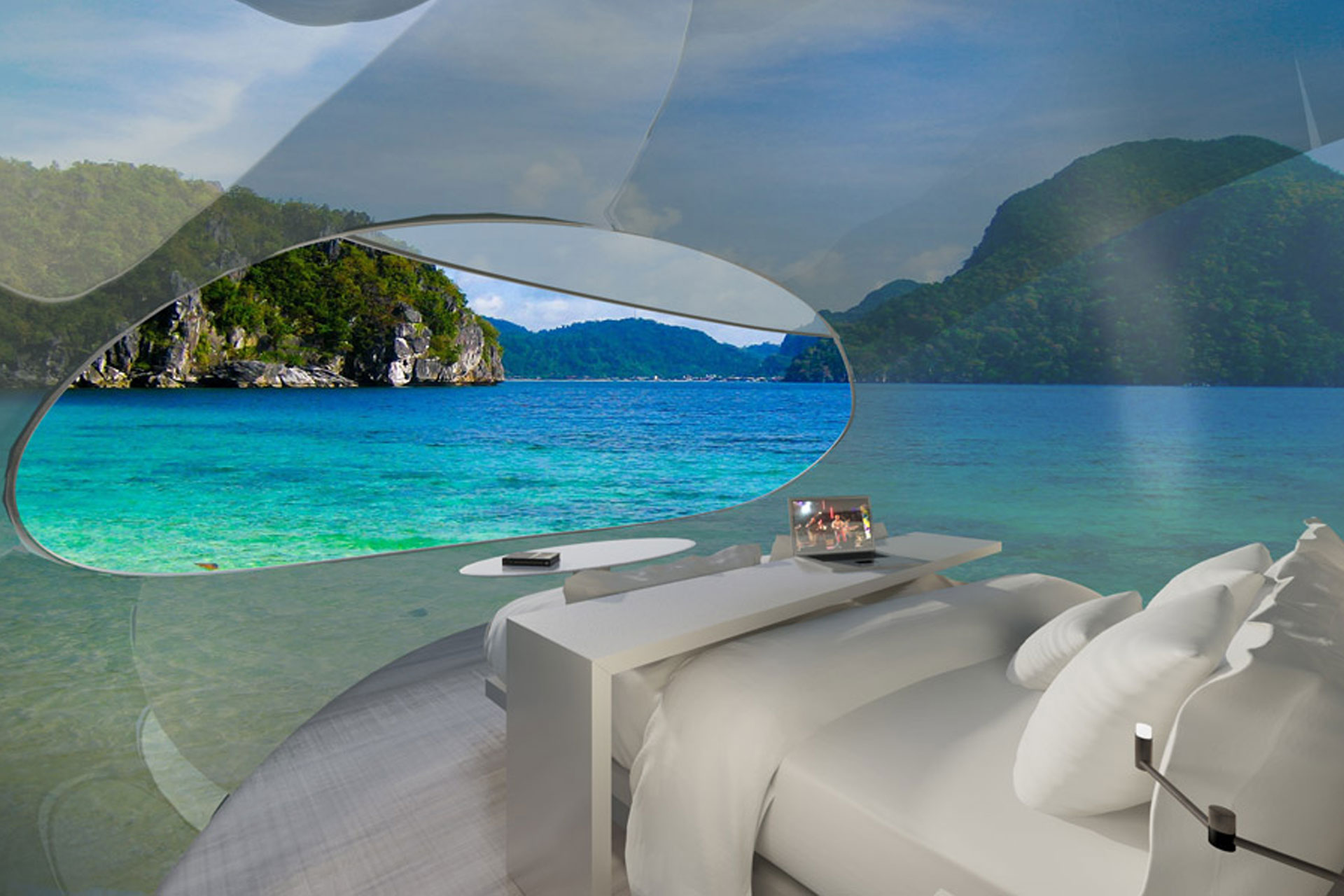
2015: Zoku Loft
Zoku
Opening its doors in Amsterdam in 2016, just a year after claiming the award in 2015, Zoku is perhaps the most prominent Radical Innovation Award alumni. The micro-loft/home/workspace hybrid predicted the blurred lines that would be prevalent throughout the hotel industry nearly half a decade before the mainstream got a hold of the model, whilst interiors by Concrete gave urban properties with smaller room plans an abundance of inspiration in scaled-down, stylish functionality.
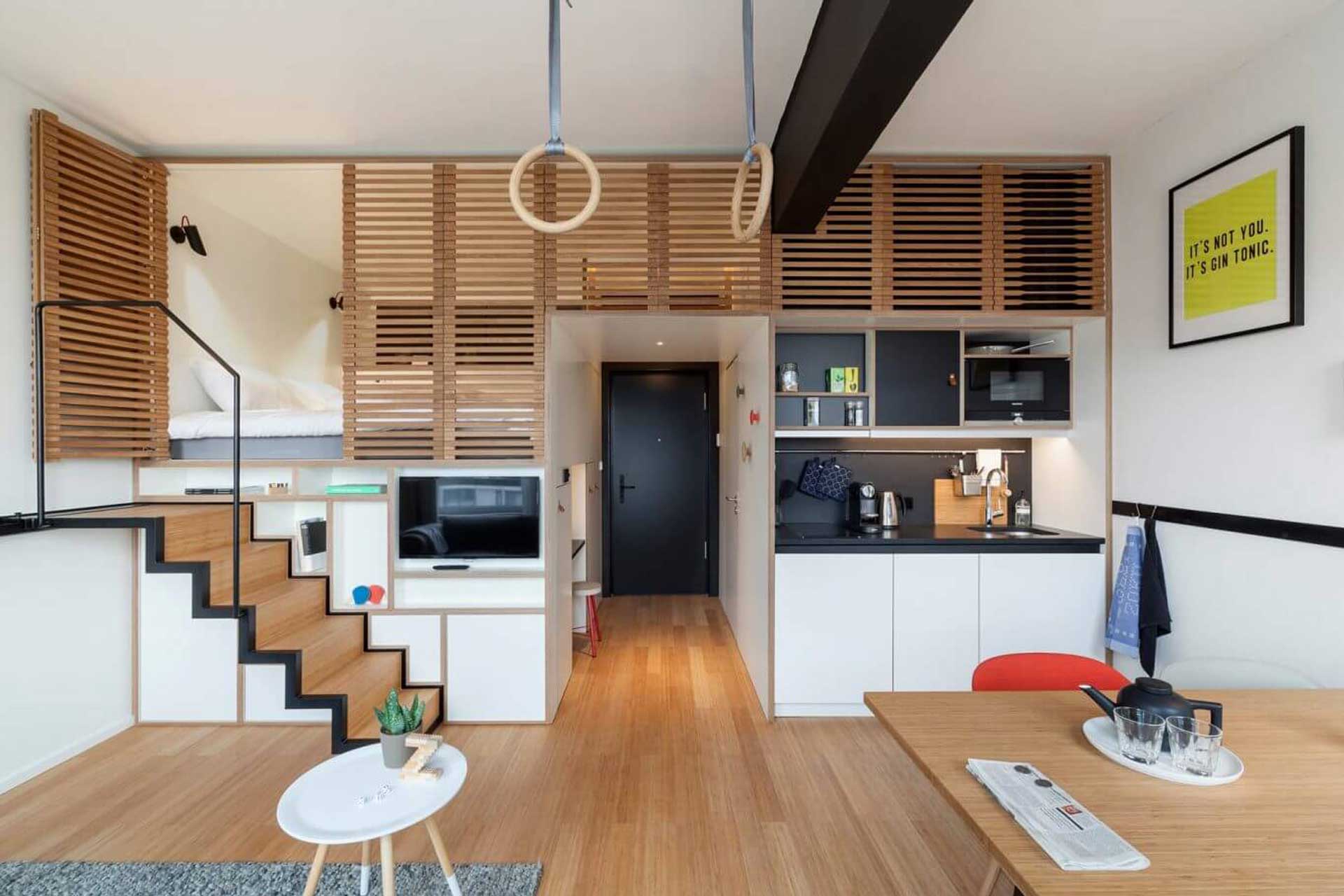
To learn more about the competition and enter your concept, visit radicalinnovationaward.com.
Related Posts
20 June 2019
Radical Innovation reveals 2019 finalists
27 November 2018
Zoku kicks off international expansion
2 October 2015
